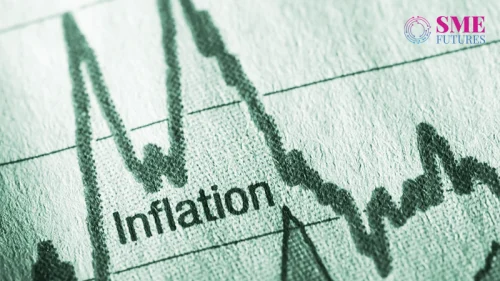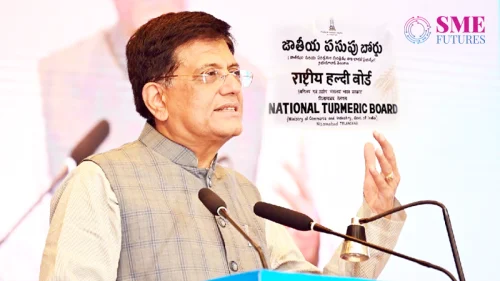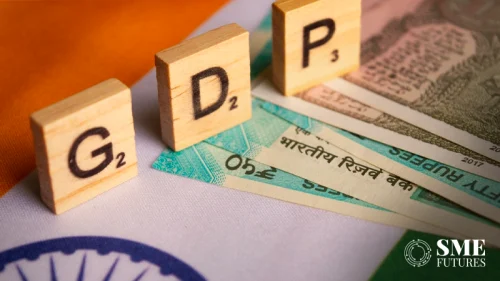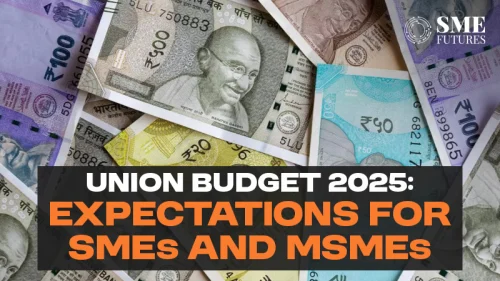India has secured the 2nd spot in Asia last year for the most Internet Exchange Points (IXPs) per country, a new report revealed on Saturday.
According to the Internet Society Pulse Country Report, this marks a significant milestone in India’s commitment to adopting advanced technologies and addressing the challenges of a connected world.
An IXP is a physical and usually neutral location where different networks meet to exchange local traffic.
“In an era where streaming, digital education, and the global work-from-home economy heavily rely on IXPs, their importance cannot be overstated in the context of India, given its growing number of Internet users,” said Michuki Mwangi, the Internet Society’s Distinguished Technologist, and former CTO of Kenya Internet Exchange Point.
“While India is one of the leaders in Asia, it needs to expand on this good work and deploy more IXPs, encourage the remaining 85 per cent of networks to peer with these, and establish more local data centres, for it to increase the speed and affordability of its Internet services,” he added.
IXPs have a significant impact on improving the digital capabilities of public services, which is crucial for countries like India. IXPs promote local content development and provide incentives for local Internet
service hosting.
“With an Internet penetration of approximately 67 per cent in a country of 1.3 billion, the number of people who are still digitally disconnected is huge,” said Saadia Azim, COO of Bangla Sahayata Kendra, a digital public services platform in West Bengal.
“This gap contributes to a widening digital divide, where those left behind —which are mostly those in rural areas — miss out on technological advancements, affecting various aspects of human development,” she added.











